The origins of the Christmas dinner
Winter solstice feasts go back millennia but many current festive staples such as turkey are relatively new additions
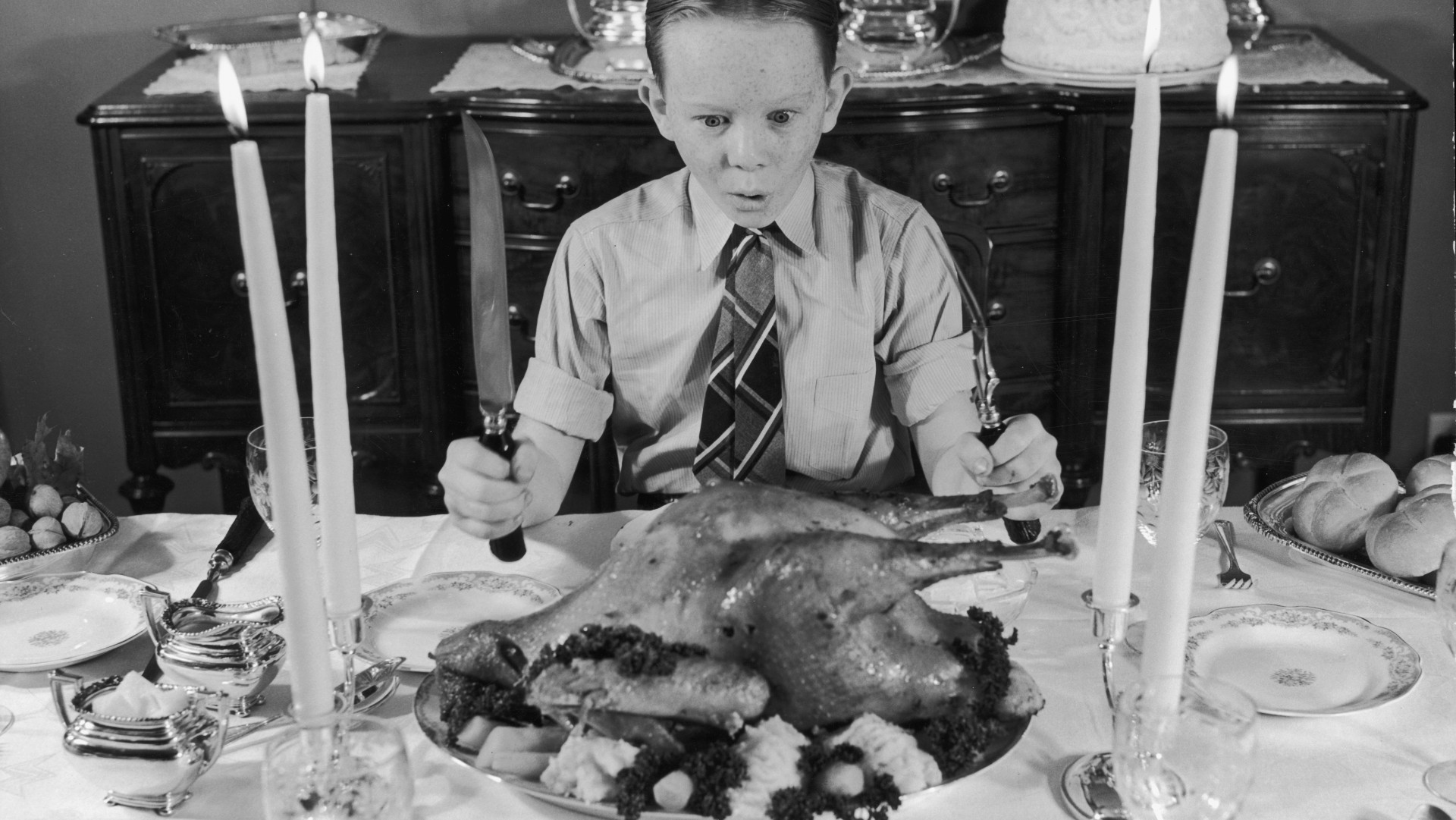
A free daily email with the biggest news stories of the day – and the best features from TheWeek.com
You are now subscribed
Your newsletter sign-up was successful
Christmas has long been a time for family and friends to gather for festive feasts but what we eat on the big day has changed significantly through the centuries.
“No one era invented Christmas,” said food historian Annie Gray on the i news site, and “the rituals which surround it have evolved”. Although “much of the surface paraphernalia of the modern Christmas can be ascribed to one or two decades (mainly the 1840s), there are deeper themes which cross the centuries”, she wrote.
Chief among these is feasting, yet while everyone has an opinion about what makes the perfect Christmas dinner, the origins of the meal as we now know it are less well known.
The Week
Escape your echo chamber. Get the facts behind the news, plus analysis from multiple perspectives.

Sign up for The Week's Free Newsletters
From our morning news briefing to a weekly Good News Newsletter, get the best of The Week delivered directly to your inbox.
From our morning news briefing to a weekly Good News Newsletter, get the best of The Week delivered directly to your inbox.
What is the history of Christmas feasts?
The forerunner of the Christmas dinner is believed to to be the mid-winter feast, which dates back to the late Neolithic period. Held to celebrate the pagan winter solstice, these feasts are believed to have included beef stews or pork cooked on spits, and also “crab apples, hazelnuts, sloes and blackberries”, said English Heritage.
When the Romans arrived in Britain in the first century AD, they brought their own winter celebrations, most notably Saturnalia, held between 17 and 23 December, to honour Saturn, the god of seeds and sowing.
“Christmas started to look a little more familiar in the Middle Ages, and so did the Christmas dinner,” said History. The monks and nuns of the “many monastic orders scattered across the country” were allowed to add spices to their food as usual rules were relaxed in the weeks leading up to Christmas, and their tables were “laden with pies, minced meat dishes, roast meats and fish”.
Such feasts also proved popular with the Tudors. Turkeys first arrived in England from their native North America during King Henry VIII’s reign, and proved to be “a popular – if expensive – addition to a festive menu that was already bursting at the seams with a cornucopia of roasted and stuffed meats”, according to the site.
A free daily email with the biggest news stories of the day – and the best features from TheWeek.com
An unusual favourite dish from the period that has not stood the test of time was Christmas Pie, which consisted of a pigeon, placed inside a partridge, inside a chicken, inside a goose, inside a turkey, inside a pastry case called a coffin.
The Christmas pudding – which began life as plum porridge – and mince pies also made their first appearances during the medieval period. The original versions contained mutton and beef with raisins, currents and spices.
Another modern-day festive sweet treat, Christmas cake, “originates from a cake made for and eaten on Twelfth Night (5 January)”, said Great British Chefs. In the mid 1600s, Oliver Cromwell and the Puritans banned feasting of any kind on Twelfth Night, so “people started to make it on Christmas Day instead, when a little merriment was permitted”.
How did the modern Christmas dinner evolve?
During the second half of the 18th century, the “most controversial of Christmas foods”, the Brussels sprout, made its way to England from the Continent, said History. The sprout “quickly established itself as a yearly addition to the Christmas table” and has “divided opinion ever since”, the site continued.
Today, the sprout industry is worth more than £65m a year, “and the British eat more of these divisive little vegetables than any other nation in Europe”.
Many of the other Christmas traditions that we follow arrived in the 19th century. Turkey was the meat of choice for the Victorian middle-classes, and “Christmas itself had evolved from being an occasion for a large feast with hundreds of guests to a more intimate, family-oriented affair”, with vegetables including roast potatoes, parsnips and carrots replacing multiple meats.
“Goose was also widely eaten at Christmas, especially by the working classes,” said Gray on the i news site. But roasting goose “posed problems”, because “ovens were small or non-existent in working-class homes”. Instead, many people paid bakers “a small fee to put their dish of meat into the vast ovens of the bakery”.
Turkey did not become the Christmas norm for all classes until the post-war 1950s, when “images of glorious golden Thanksgiving turkeys from America, a land of glamour and no rationing”, cast a “spell” over Britons.
UK households now consume around 10m Christmas turkeys each year.
-
 The environmental cost of GLP-1s
The environmental cost of GLP-1sThe explainer Producing the drugs is a dirty process
-
 Greenland’s capital becomes ground zero for the country’s diplomatic straits
Greenland’s capital becomes ground zero for the country’s diplomatic straitsIN THE SPOTLIGHT A flurry of new consular activity in Nuuk shows how important Greenland has become to Europeans’ anxiety about American imperialism
-
 ‘This is something that happens all too often’
‘This is something that happens all too often’Instant Opinion Opinion, comment and editorials of the day
-
 The best alcohol-free alternatives for Dry January
The best alcohol-free alternatives for Dry JanuaryThe Week Recommends Whether emerging from a boozy Christmas, or seeking a change in 2026, here are some of the best non-alcoholic beers, wines and spirits to enjoy
-
 8 incredible destinations to visit in 2026
8 incredible destinations to visit in 2026The Week Recommends Now is the time to explore Botswana, Mongolia and Sardinia
-
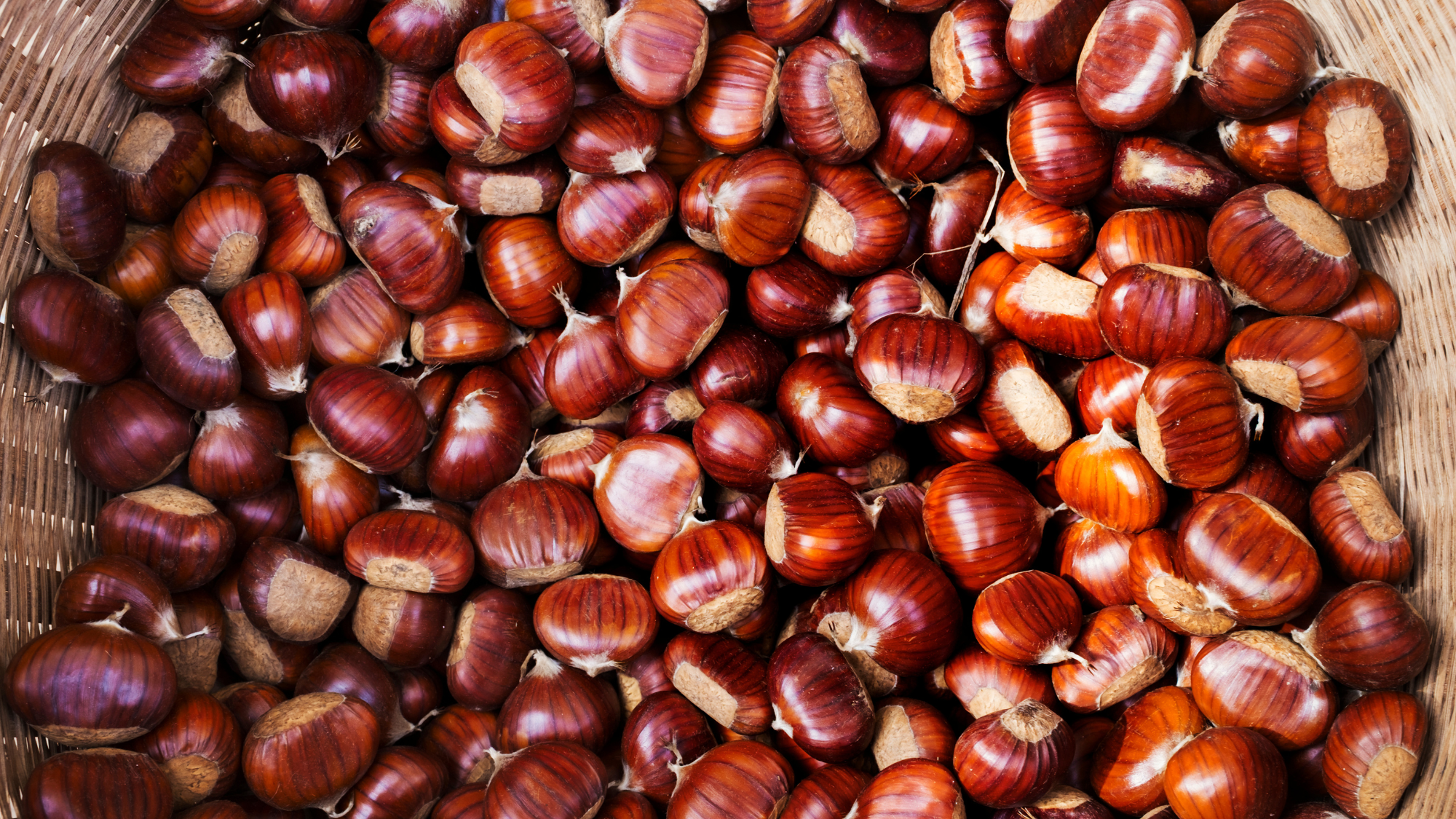 How to make the most of chestnuts
How to make the most of chestnutsThe Week Recommends These versatile nuts have way more to offer than Nat King Cole ever let on
-
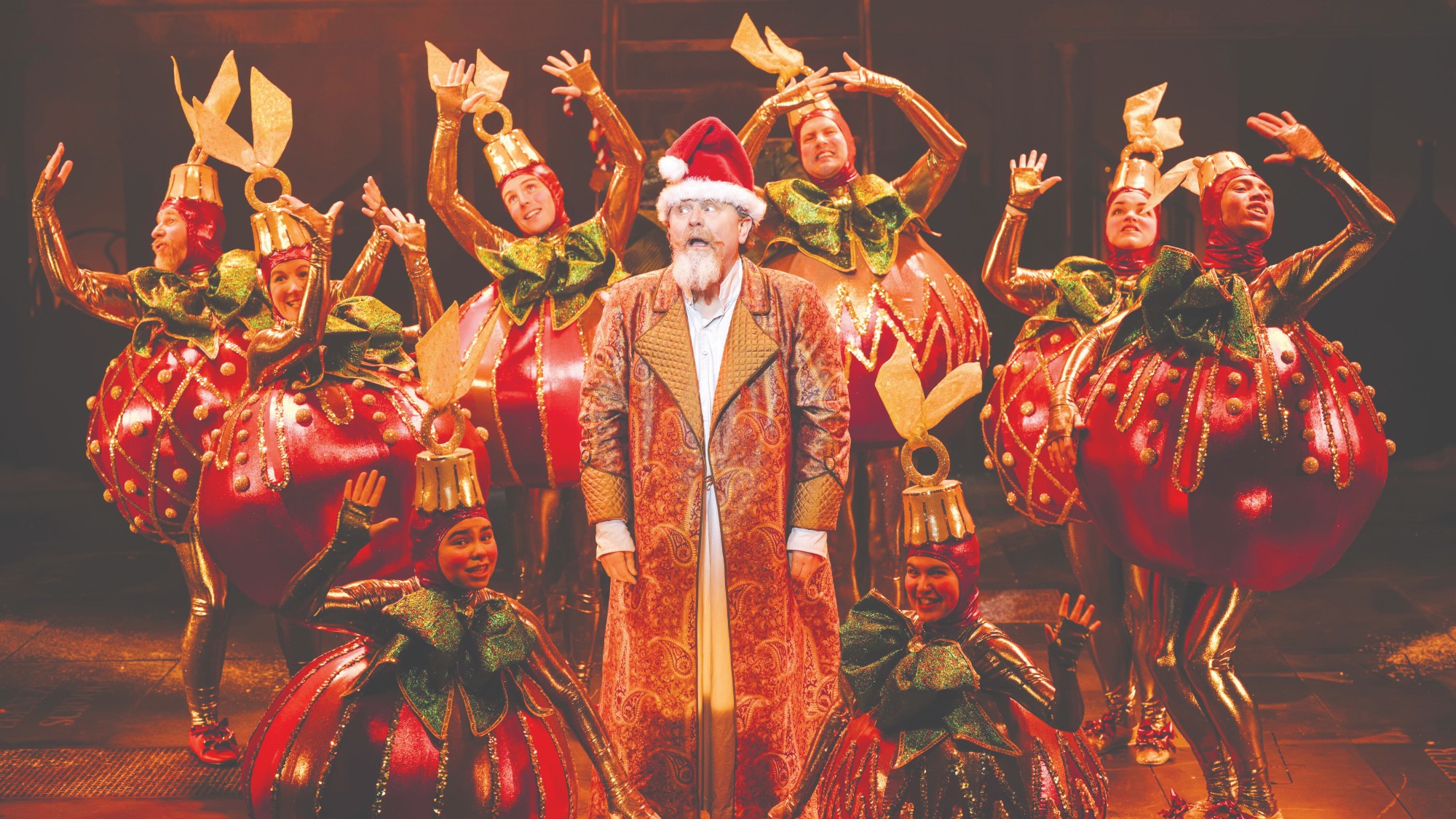 A Christmas Carol (or two)
A Christmas Carol (or two)The Week Recommends These are the most delightful retellings of the Dickens classic from around the country
-
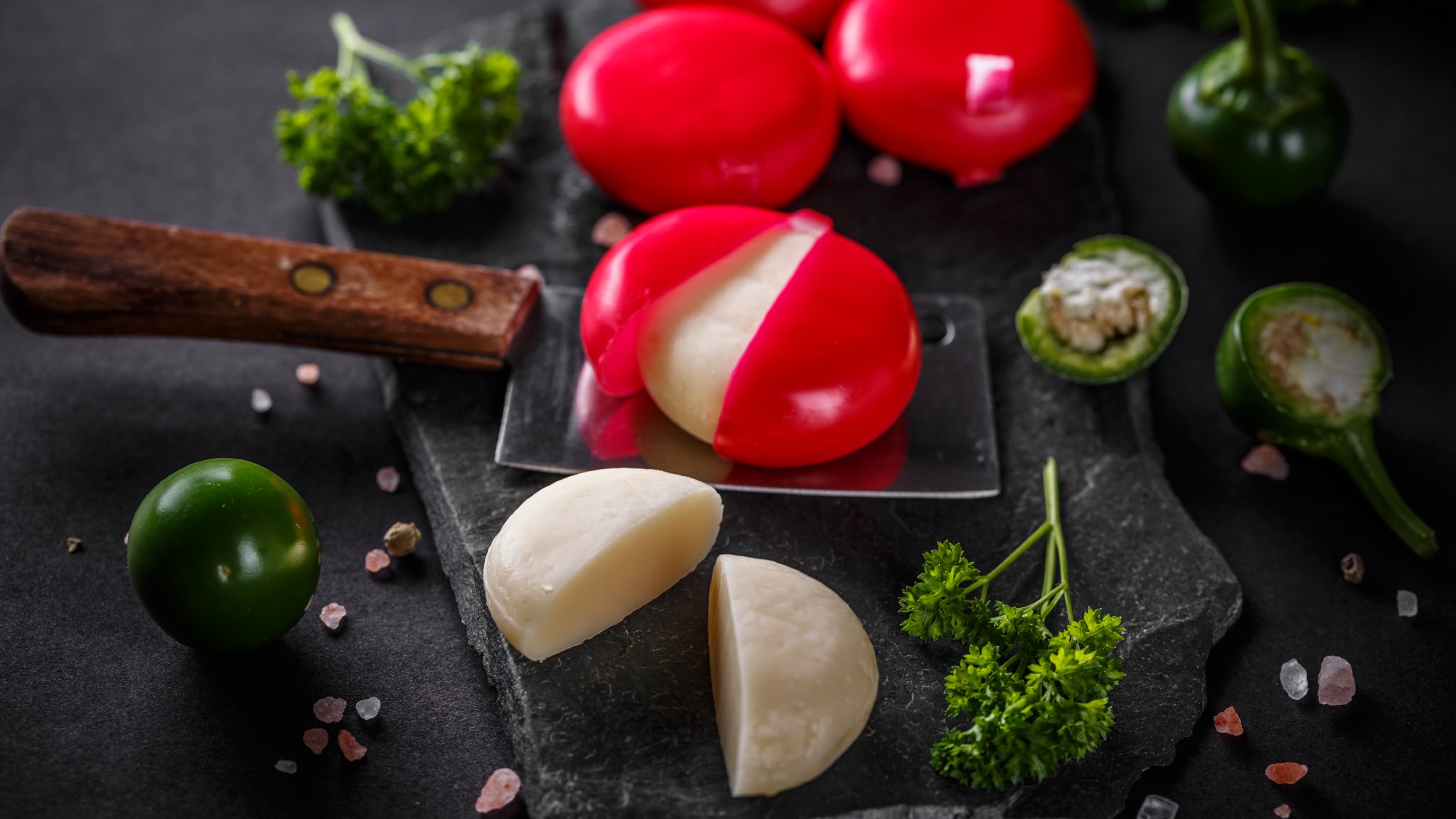 How weight-loss jabs are changing the way we eat
How weight-loss jabs are changing the way we eatIn The Spotlight Anti-obesity drugs have been a boon for Babybel but are supermarkets ready for a slimmed-down Christmas?
-
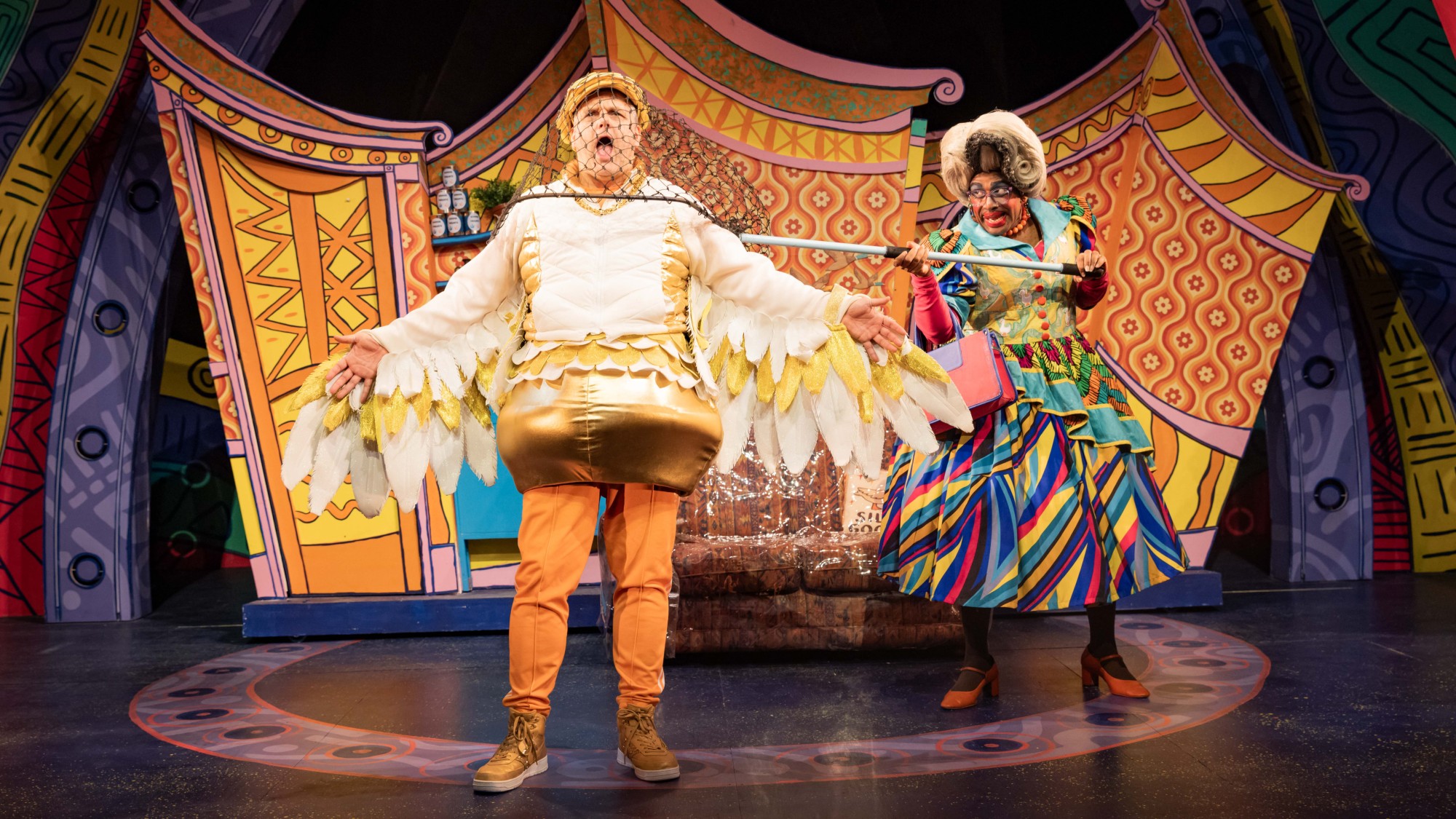 Oh yes they are! The UK’s best Christmas pantos
Oh yes they are! The UK’s best Christmas pantosThe Week Recommends Dive into the festive cheer, even into the new year, with some traditional favourites and modern twists
-
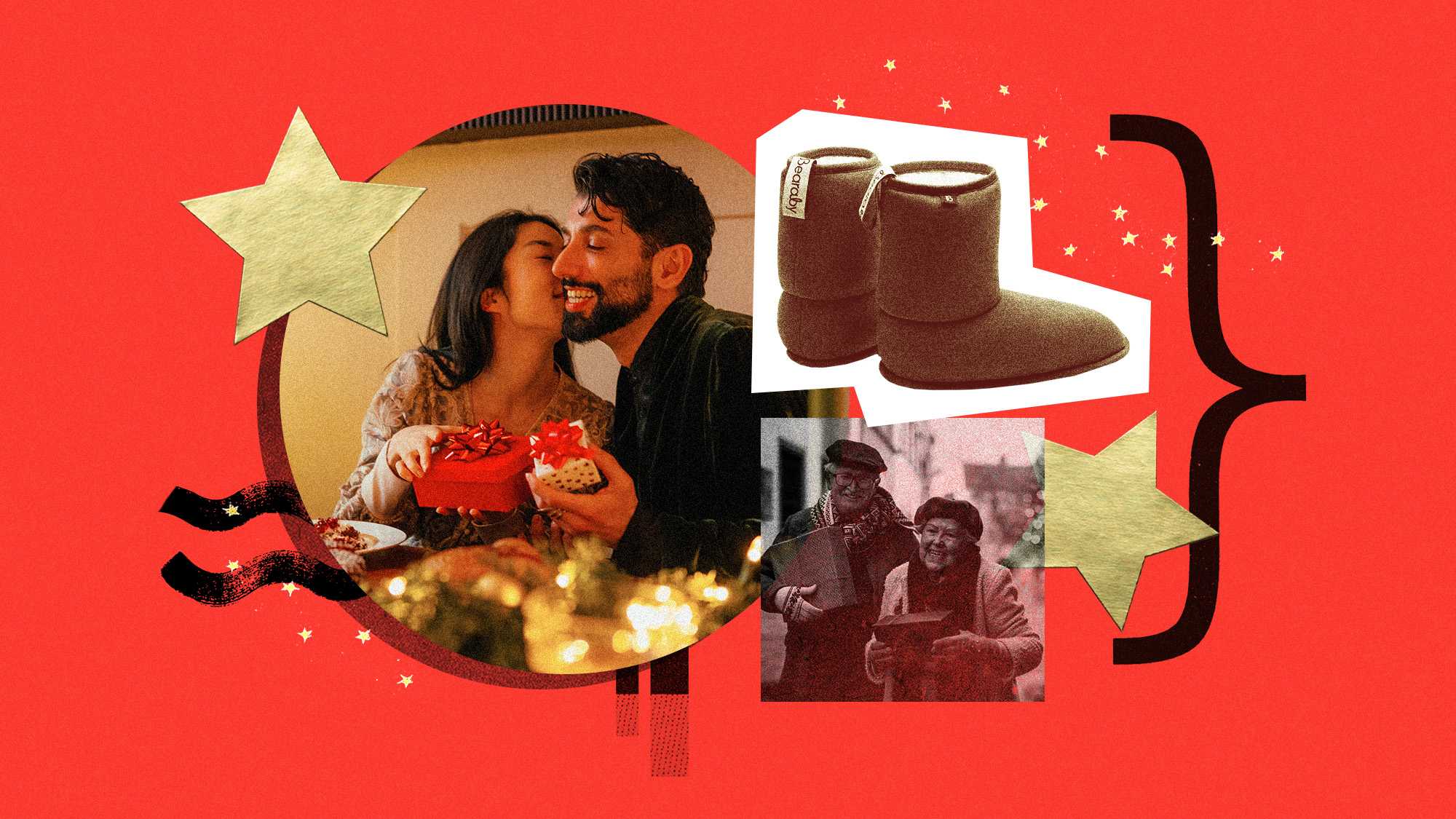 11 extra-special holiday gifts for everyone on your list
11 extra-special holiday gifts for everyone on your listThe Week Recommends Jingle their bells with the right present
-
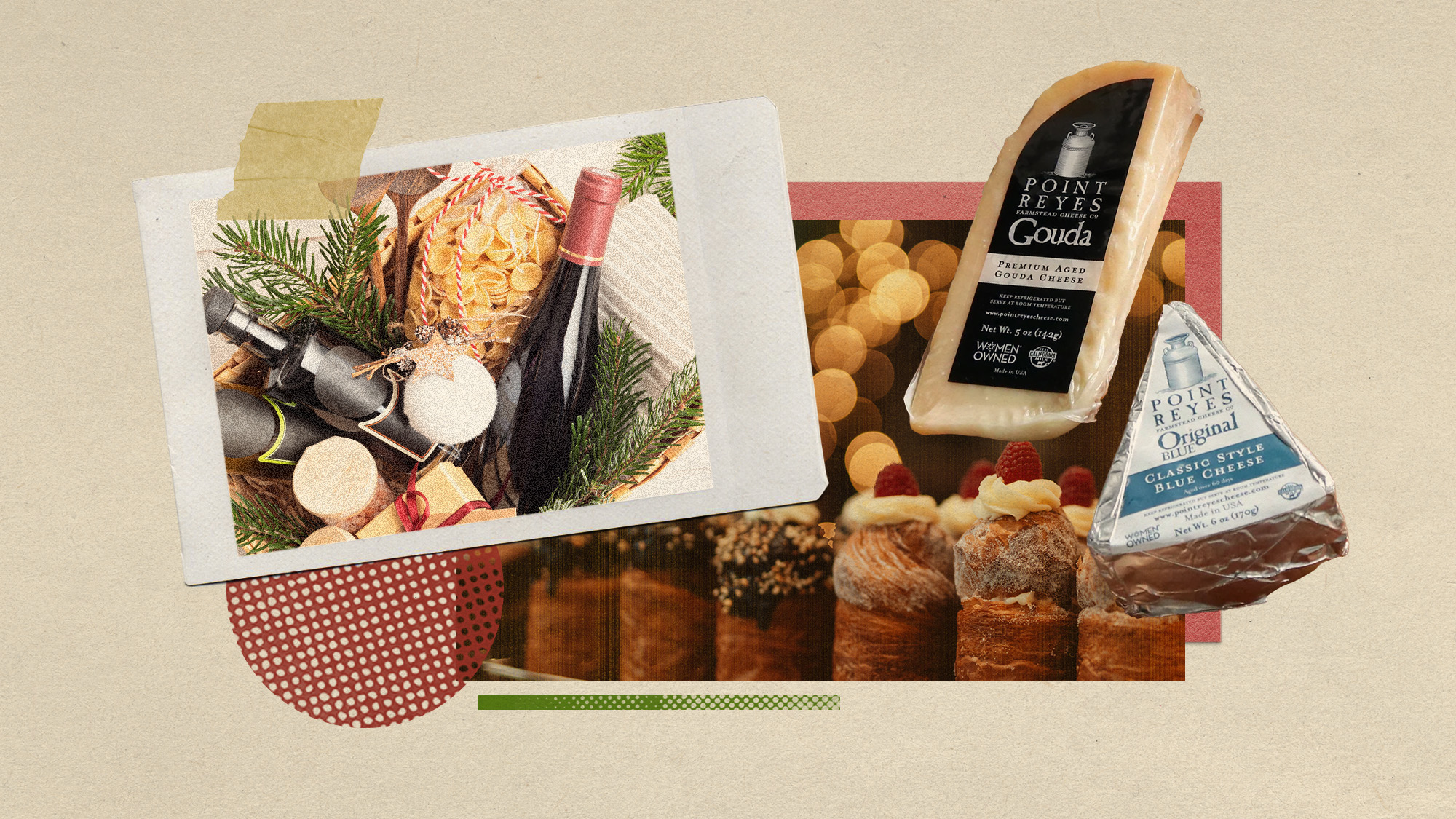 May your loved ones eat, drink and be merry with these 9 edible Christmas gifts
May your loved ones eat, drink and be merry with these 9 edible Christmas giftsThe Week Recommends Let them eat babka (and cheese and licorice)